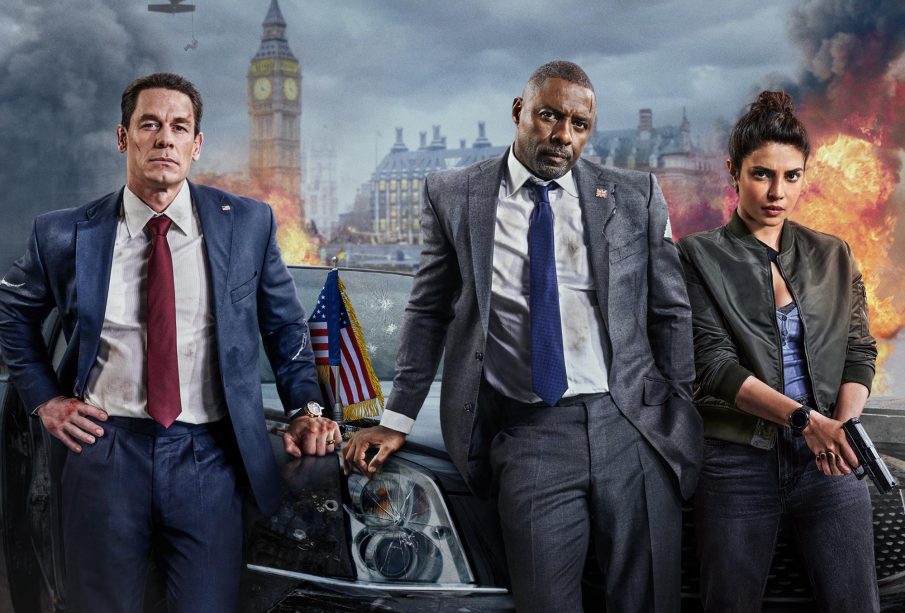Understanding the Role of Heads of State in Today’s World

Introduction
Heads of state are pivotal figures in the political landscape of any nation. They hold immense power and responsibility, steering their countries through challenges and opportunities alike. As the world grapples with various pressing issues—from climate change to global health crises—the role of heads of state becomes increasingly significant. Their decisions not only affect national policies but also influence international relations, stability, and economic growth.
Current Landscape of Leadership
As of 2023, the geopolitical environment is witnessing shifting alliances and emerging leaders. For instance, in recent months, several heads of state, such as U.S. President Joe Biden, India’s Prime Minister Narendra Modi, and China’s President Xi Jinping, have been at the forefront of addressing global challenges. Their participation in summits, such as the G20 and COP26, highlights the importance of collaboration among nations.
At these global forums, heads of state discuss crucial matters such as climate policies, economic recovery post-pandemic, and international security. The recent G20 summit in New Delhi emphasized sustainable development, with calls for enhanced cooperation to tackle climate change. Modi’s leadership showcased India’s initiatives towards renewable energy—a significant stride in collective global efforts.
The Influence of Heads of State
Heads of state often shape public thought and opinion through their speeches and policies. For example, as countries navigate the complexities of the Ukraine conflict, leaders like the United Kingdom’s Prime Minister Rishi Sunak and Canada’s Prime Minister Justin Trudeau have been vocal about their support for Ukraine. This demonstrates how heads of state not only govern domestically but also assert influence on the international stage.
The responsibilities of heads of state extend beyond traditional politics. They play essential roles in diplomacy, public morale, and in some cases, national identity. People look to their leaders for guidance during crises, making their effective communication skills and decisiveness crucial.
Conclusion
The significance of heads of state in today’s intertwined world cannot be overstated. As global challenges and political dynamics evolve, the influence and decisions of these leaders will be critical in shaping the future of nations. Observing their actions and reforms provides insight into potential shifts in policy and international relations. As citizens, understanding the roles and responsibilities of heads of state can empower us to engage more effectively in discussions about our country’s direction and global issues.









